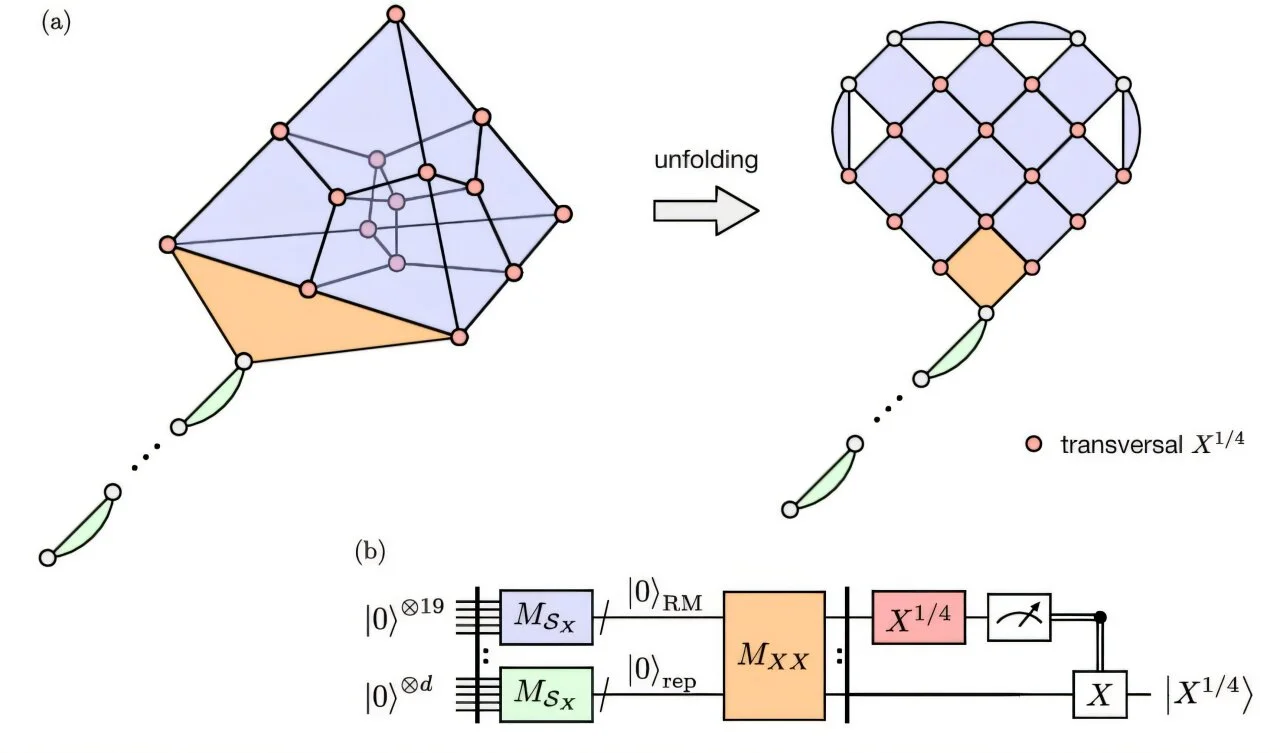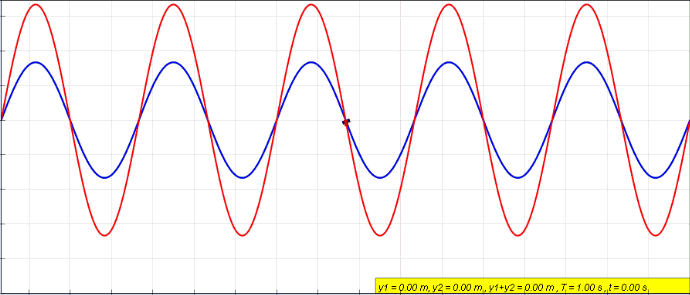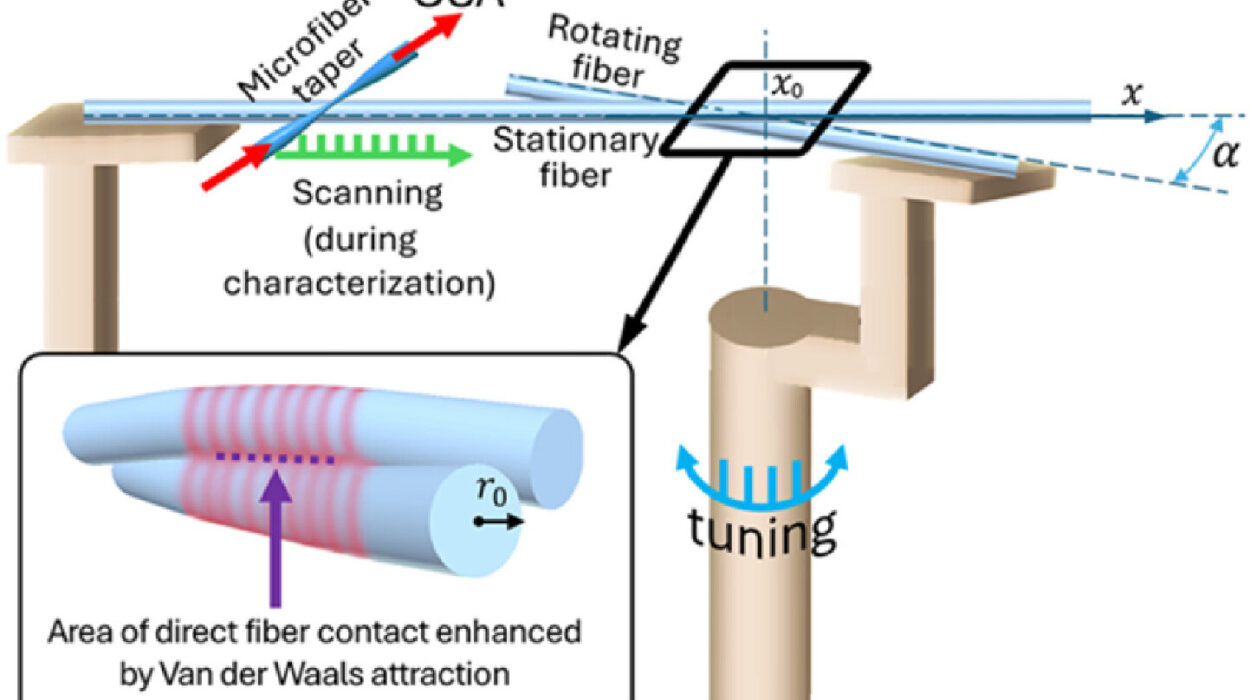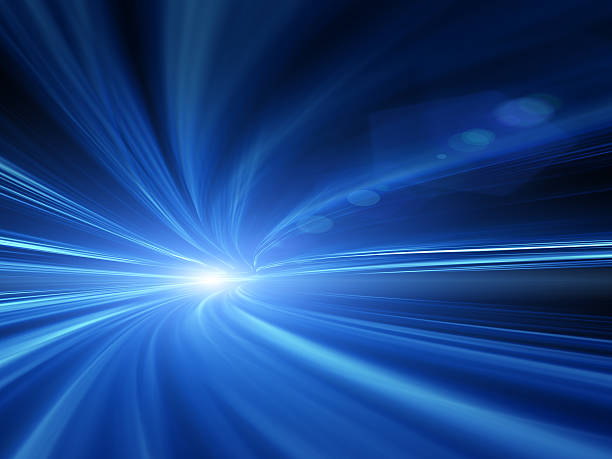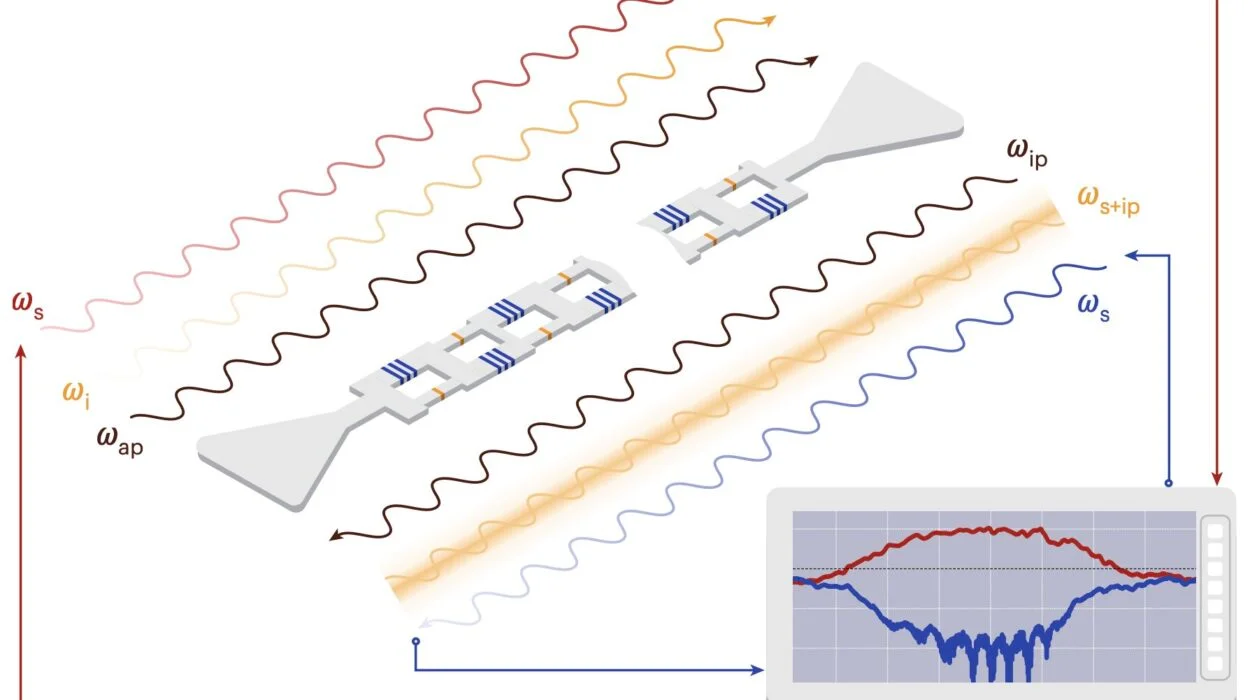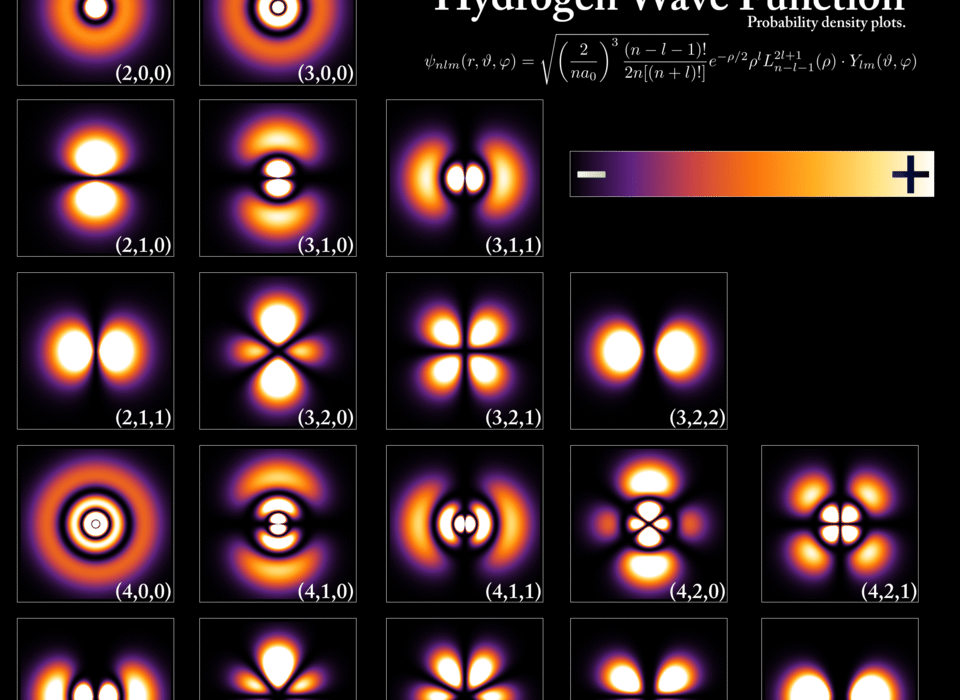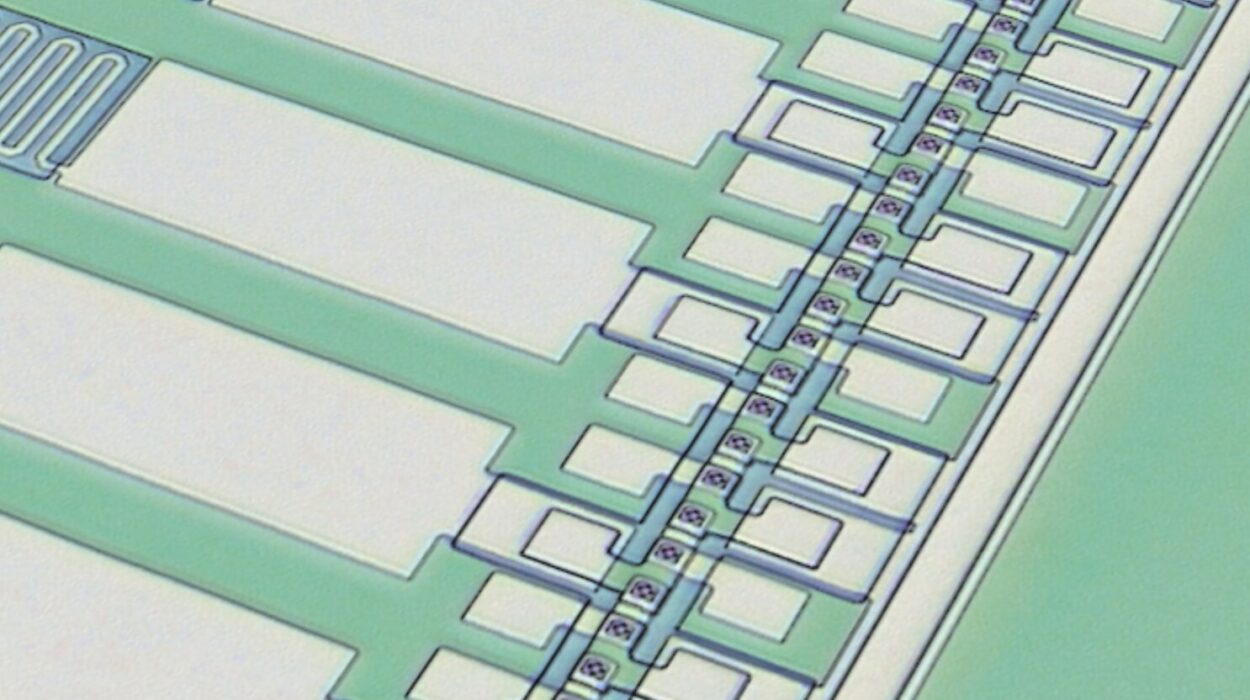For decades, humanity has dreamed of machines that can outthink the most powerful supercomputers on Earth. These are quantum computers—devices that don’t just crunch numbers faster, but actually operate according to the strange, counterintuitive rules of quantum mechanics.
Unlike classical computers, which store and manipulate information in binary bits (zeros and ones), quantum computers use qubits—units that can exist in superpositions of states, entangled across space and time. This allows them to explore many possible solutions simultaneously, a property that makes them uniquely suited for solving certain optimization problems, simulating quantum systems, and tackling challenges that are essentially impossible for today’s machines.
Yet as dazzling as quantum computers are in theory, in practice they are fragile. Their very power—their ability to maintain delicate quantum states—also makes them highly vulnerable to noise and errors. Every fluctuation in the environment, every tiny vibration, every imperfection in the hardware threatens to collapse quantum coherence. Without careful strategies to correct and contain these errors, quantum computers cannot fulfill their promise.
This is where one of the most fascinating and subtle concepts in modern quantum computing enters the stage: magic states.
Why Magic States Matter
To build a truly universal quantum computer—a machine that can run any quantum algorithm—scientists need access to a complete set of operations, or quantum gates. Most error-correcting codes allow some operations to be performed reliably, but they leave out others that are essential for universality.
This is where magic states come in. A magic state is a specially prepared quantum state that, once available, unlocks the missing pieces of the puzzle. By injecting magic states into a computation, researchers can perform the full set of quantum operations needed to achieve universality.
In simple terms, magic states are like rare catalysts: difficult to produce, but once in hand, they empower a quantum computer to reach its full potential.
But there’s a catch. Producing high-fidelity magic states is resource-intensive. Traditional approaches, such as magic state distillation, require large numbers of qubits and multiple rounds of error correction. The process can quickly spiral into an astronomical demand for hardware and time—resources we don’t yet have at scale.
The Challenge of Distillation
Magic state distillation works like refining raw ore into pure gold. Starting with many noisy, imperfect states, the process carefully filters out errors to produce fewer but far more reliable magic states.
The standard techniques, however, consume enormous resources. They rely on complex error-correcting codes like the Reed-Muller code, which was originally developed for classical computing before being adapted for quantum systems. While effective, these codes typically require three-dimensional qubit architectures—an arrangement that is extraordinarily difficult to implement with current hardware.
This overhead has long been a bottleneck in quantum computing. It is not enough to have a handful of qubits; to scale up, we need strategies that can produce magic states more efficiently, without ballooning costs in space, time, and hardware complexity.
A New Idea: Unfolded Distillation
Recently, researchers at Alice & Bob and PSL University CNRS, Inria unveiled an exciting alternative: unfolded distillation. This protocol takes advantage of a subtle property of certain qubits known as noise bias to dramatically cut down on the resources required for magic state preparation.
Noise bias means that qubits are not equally vulnerable to all types of errors. For example, cat qubits, a technology pioneered by Alice & Bob, are far more resistant to bit-flip errors than to phase-flip errors. This imbalance, which might seem like a limitation, can actually be turned into a powerful advantage.
The unfolded distillation protocol works directly at the physical qubit level instead of operating purely at the logical level. By doing so, it cleverly avoids the need for many of the costly error checks that weigh down conventional distillation.
As researcher Diego Ruiz, a Ph.D. student at Alice & Bob, explained: “Magic states are a crucial part of quantum computing, as they enable us to implement all the gates needed to perform any possible quantum algorithm. While it is known that biased-noise qubits, such as cat qubits, could greatly reduce the cost of quantum memory, their impact on quantum computation with magic states was less clear.”
Unfolded distillation is the answer to that uncertainty.
How It Works
The innovation lies in rethinking the Reed-Muller code. Traditionally, this code requires qubits arranged in three dimensions. But by exploiting the noise bias of certain qubits, the researchers found they could “unfold” the code into two dimensions.
This shift may sound subtle, but it is revolutionary in practice. It means that the protocol can run on hardware architectures that already exist today, such as superconducting qubits and cat qubits, which operate in 2D layouts.
In their simulations, the team demonstrated that unfolded distillation could prepare high-fidelity magic states using only about 53 qubits and around 5.5 rounds of error correction, provided a high noise bias is present. This is a massive reduction in both space and time compared to existing methods.
The results were striking: the protocol achieved a logical error rate of about 10⁻⁷ while using over an order of magnitude fewer qubit cycles than state-of-the-art schemes. In other words, the process was faster, leaner, and more compatible with real-world machines.
Why It Matters
For years, the quantum community has been wrestling with the resource challenge of magic states. Even if we could build machines with thousands or millions of qubits, the burden of distillation threatened to make universal quantum computing impractical.
Unfolded distillation changes the equation. By aligning error correction techniques with the natural strengths of biased-noise qubits, it shows that universality doesn’t have to come at such a steep price.
This is not just a technical win; it’s a conceptual one. It reminds us that progress in quantum computing does not always come from brute force—building bigger machines with more qubits—but also from elegance, ingenuity, and clever use of physics.
Looking Toward the Future
The work is still in its early stages. As Ruiz notes, there are exciting directions ahead: pushing fidelities higher by increasing code distance, integrating unfolded distillation with other protocols, and even preparing specialized magic states for advanced operations like the Toffoli gate, which plays a key role in many quantum algorithms.
Each of these steps brings us closer to the holy grail of fault-tolerant, hardware-efficient quantum computing—a machine that not only works in theory, but in practice, reliably and affordably.
If successful, such advances could unleash quantum computers on some of the most pressing challenges of our time: designing new drugs and materials, optimizing complex supply chains, cracking unsolved problems in mathematics, and simulating the deep physics of the universe.
Conclusion: Unfolding the Possible
The story of quantum computing is one of audacity. It is a field that asks us to believe that the bizarre rules of quantum mechanics—superposition, entanglement, and measurement—can be tamed into engines of calculation.
But belief alone is not enough. The road to quantum universality runs through daunting engineering challenges, from suppressing noise to preparing reliable magic states. For years, these obstacles loomed like insurmountable walls.
Now, with ideas like unfolded distillation, we see cracks in those walls. We see that with creativity and careful attention to the quirks of quantum hardware, we can reshape what seemed impossible into something achievable.
Quantum computers are not here yet—not in the universal, fault-tolerant form we dream of. But they are coming. And with each breakthrough, each clever twist on old methods, we unfold not just codes and protocols but the very future of computing itself.
More information: Diego Ruiz et al, Unfolded distillation: very low-cost magic state preparation for biased-noise qubits, arXiv (2025). DOI: 10.48550/arxiv.2507.12511
